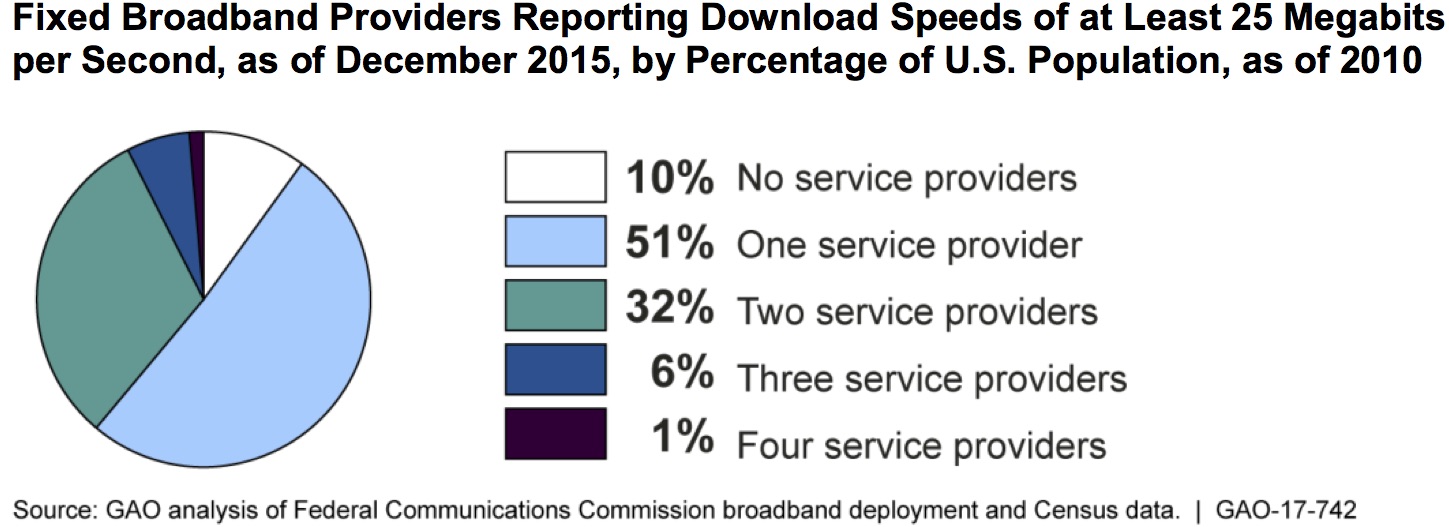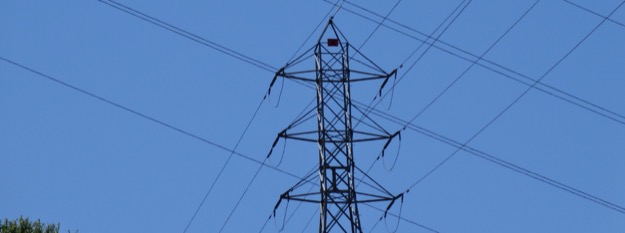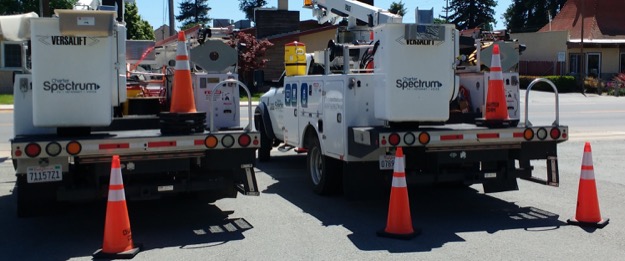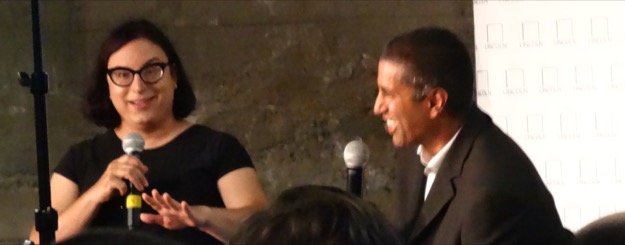October dawns with CenturyLink-Level 3 deal still undecided
![By raduranga (Own work) [CC BY-SA 4.0 (https://creativecommons.org/licenses/by-sa/4.0)], via Wikimedia Commons](https://www.tellusventure.com/images/2017/9/san_francisco_sunrise.jpg)
Today is the day that a CenturyLink lawyer described as “almost too awful to contemplate”: October is here and CenturyLink doesn’t have permission yet to buy Level 3 Communications, from either the California Public Utilities Commission or federal regulators that are reviewing the transaction.
It’s not really all that horrible. The 30 September 2017 deadline was a target that the two companies set for wrapping everything up. It’ll cost them more to keep the financing arrangements intact, but the tab isn’t going to hugely different from what it would have been if they had a better grasp of what it takes to get big telecoms mergers okayed and allowed more time from the beginning.… More









![By shuets udono (P1000050) [CC BY-SA 2.0 (https://creativecommons.org/licenses/by-sa/2.0)], via Wikimedia Commons](https://www.tellusventure.com/images/2017/9/rubber_gloves.jpg)